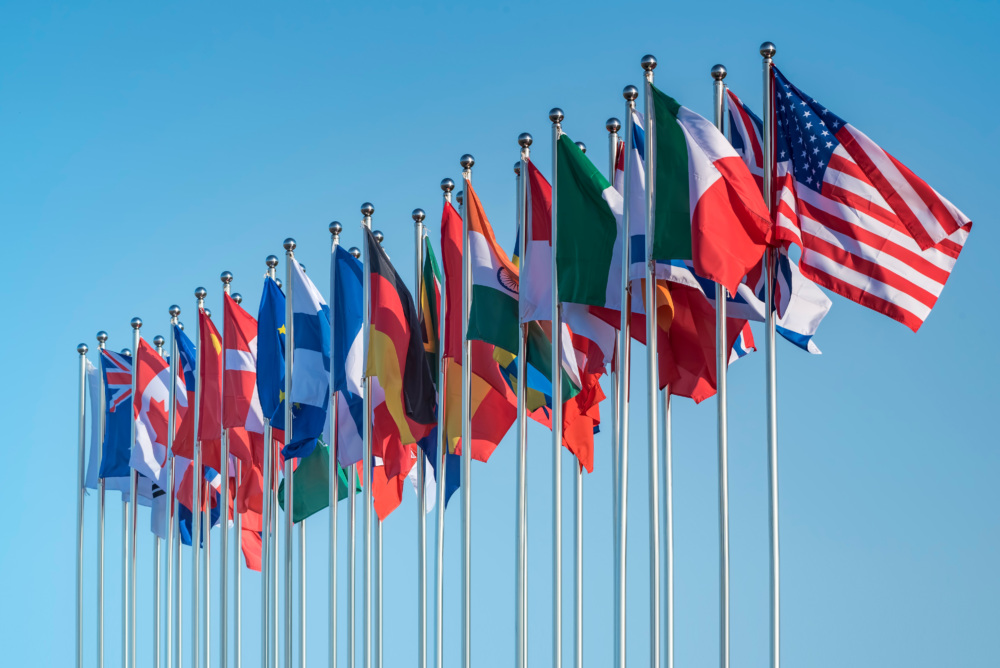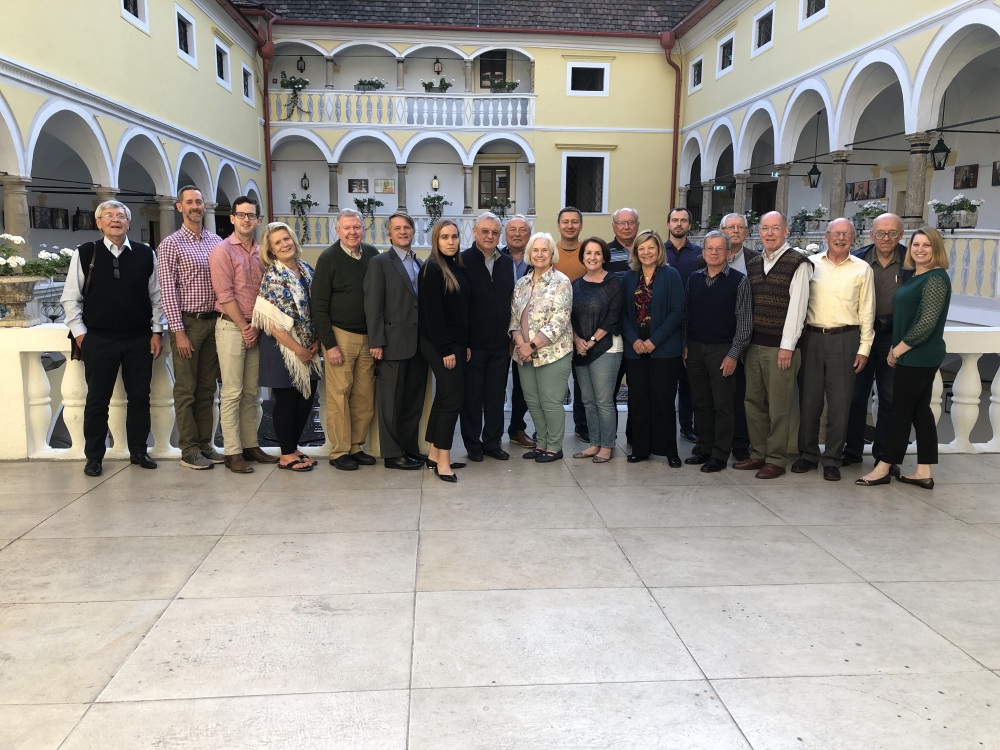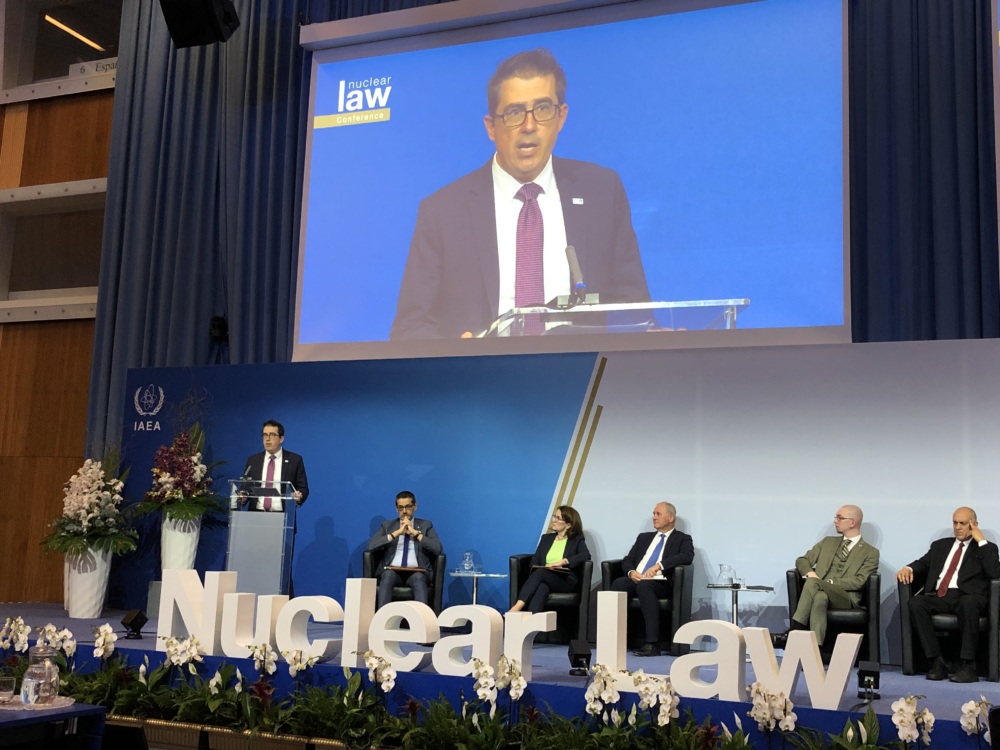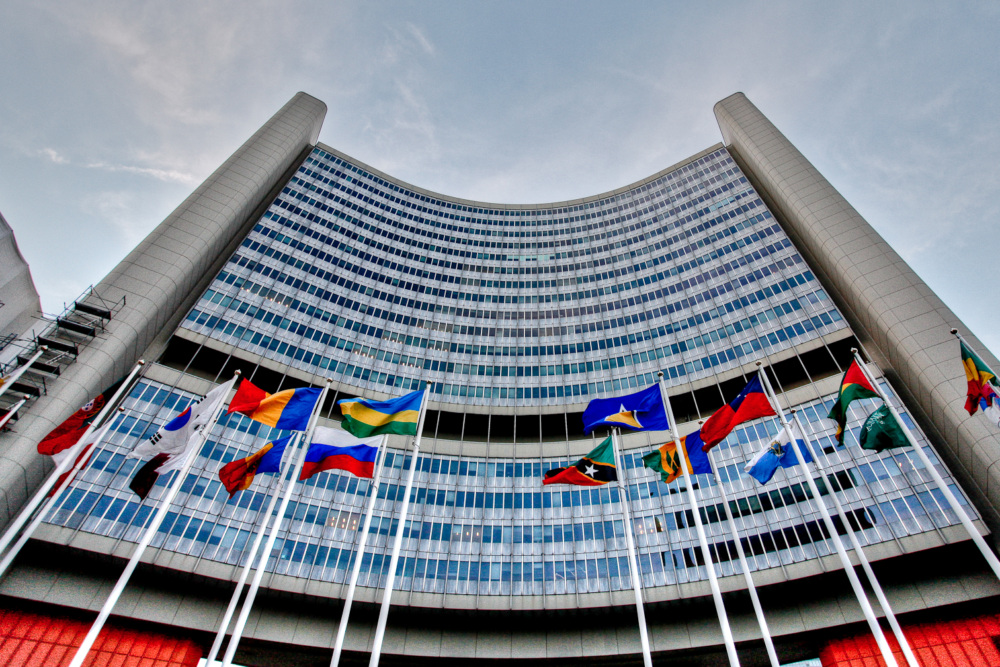A new report released today by the Nuclear Threat Initiative (NTI) and the Center for Energy and Security Studies (CENESS) calls for increased cooperation between the United States and Russia to support and uphold the work of the International Atomic Energy Agency (IAEA). The Future of IAEA Safeguards: Rebuilding the Vienna Spirit through Russian-U.S. Expert Dialogue, is a product of a two-year project launched by CENESS and NTI to address the growing divergence between the United States and Russia at the IAEA. This divergence has contributed to the erosion of the long-standing “Vienna spirit” that allowed the agency to successfully carry out its work for decades as an independent technical authority promoting safe, secure, and peaceful uses of nuclear technology.
The NTI-CENESS joint project brought together leading experts from Russia and the United States to build mutual understanding of the political and technical challenges to fully implementing the IAEA’s safeguards mission and to build support for more productive cooperation and collaboration between the two countries in this area. The IAEA’s work in verifying safeguards agreements is key to upholding many international agreements, including the Nuclear Non-Proliferation Treaty (NPT).
The report includes four short papers co-authored by U.S. and Russian experts with recommendations for the safeguards community and governments to bolster cooperation in this space.
In a framing paper for the report, project co-chairs Anton Khlopkov of CENESS and Corey Hinderstein of NTI underscore the importance of cooperation, concluding that, “the future credibility and sustainability of the NPT and the nuclear non-proliferation regime depend on the IAEA, and the IAEA depends on its two most powerful sources of resources, expertise, and rhetoric. It is in the world’s best interests for the United States and Russia to work together.”
The report’s papers include:
- “Principles and Recommendations for Implementation of the IAEA Safeguards System,” by Grigory Berdennikov, John Carlson, Thomas Countryman, and Anton Khlopkov (Download in English | Russian)
- “IAEA Safeguards: Reaching Safeguards Conclusions,” by Mark Hibbs, Vladimir Kuchinov, Laura Rockwood, and Alexander Tuzov (Download in English | Russian)
- “IAEA Safeguards System: Implementing the State-Level Concept,” by Valery Bytchkov and Jill N. Cooley (Download in English | Russian)
- “IAEA Safeguards: Preparing for the Future,” by Shirley Johnson, Nikolai Khlebnikov, Vladimir Kuchinov, and Thomas Shea (Download in English | Russian)
Hinderstein and Khlopkov also identify several important themes that provide insight into areas where officials from Russia, the United States, and the IAEA, as well as from other IAEA member states, can find common ground in strengthening cooperation and bolstering IAEA safeguards. These include:
- Establishing and maintaining regular Russian–U.S. channels and developing a common set of principles for safeguards implementation
- Strengthening the state evaluation process
- Increasing transparency and communication
- Drawing conclusions based on IAEA safeguards activities
- Planning for and investing in the IAEA’s future.
Download the full report in English or Russian via the links below:





